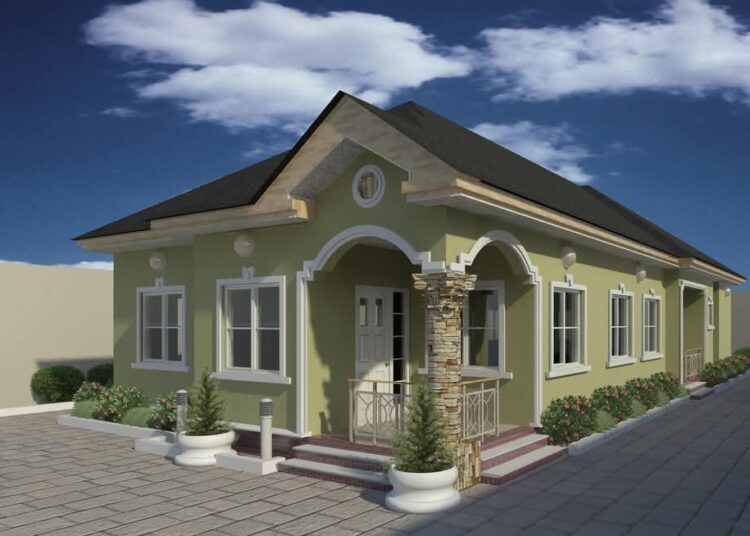Building a home is one of the most significant investments you’ll ever make. To ensure a successful and stress-free process, it’s important to consider several key factors before you start. Here are eight essential considerations:
1. Budget
Your budget is the foundation of your home-building journey. Begin by assessing your financial situation, including income, savings, ongoing expenses, and access to loans or mortgages. Factor in not just construction costs, but also land acquisition, professional fees (architects, engineers), permits, utility connections, interior finishing, landscaping, taxes, insurance, and future maintenance.
Tip: Always set aside a contingency fund (10–20%) for unexpected expenses or price fluctuations in materials and labor.
2. Location
The location of your home affects your daily life and long-term property value. Consider proximity to your workplace, schools, hospitals, markets, recreational areas, and public transportation. Also, assess the safety of the area, the quality of infrastructure (roads, drainage, electricity), and potential for future development.
Tip: Visit the area at different times of the day to get a feel for noise levels, traffic, and community behavior.
3. Home Type and Design
Choose the type of home that suits your lifestyle and family needs — be it a detached single-family home, duplex, bungalow, townhouse, or multi-story structure. Decide how many bedrooms, bathrooms, living spaces, and utility rooms you need.
Also, consider:
Your desired level of privacy
Ease of maintenance
Energy efficiency and sustainability
Space for expansion or remodeling in the future
Tip: Work with an architect to design a functional and cost-effective layout tailored to your needs.
4. Future Plans
Think beyond the present. Will your family grow? Might you change jobs or move cities? Are you planning to retire in this house? Build with the future in mind to avoid costly renovations or relocation.
Tip: Design flexible spaces that can adapt to changing needs, such as an extra room that can serve as an office, guest room, or nursery.
5. Resale Value
Even if you plan to live in the home long-term, consider its resale value. A well-located, well-built home in a desirable area will appreciate in value and attract buyers if you ever decide to sell. Factors like neighborhood amenities, good schools, and accessibility greatly influence future marketability.
Tip: Avoid over-customization — highly personalized features may turn off future buyers.
6. Site and Construction Inspection
Before buying land or starting construction, conduct a comprehensive inspection:
Soil test to ensure it can support your structure
Land survey to confirm boundaries
Topography to assess drainage and flood risk
Building inspections (if renovating) to check the structural integrity, plumbing, electrical systems, and roofing.
Tip: Hire qualified professionals — cutting corners during this phase can lead to costly problems later.
7. Legal Considerations
Legal compliance is crucial to avoid disputes and delays. Confirm land ownership and title documents, building permits, and zoning laws. Understand local building codes, environmental regulations, and, if applicable, homeowner association (HOA) rules.
Tip: Consult a property lawyer to verify documents and guide you through the legal processes.
8. Emotional Readiness
Owning and building a home isn’t just a financial decision; it’s a personal commitment. Are you ready to handle the responsibilities — from supervising construction and making design choices to paying bills and dealing with repairs?
Assess your lifestyle stability, your willingness to settle in one place, and your preparedness for potential stress during the building process.
Tip: Talk to others who have built homes to learn from their experiences.
Conclusion
Building a home is a rewarding journey when done with proper planning and foresight. Taking the time to consider these key factors can help you avoid regrets, maximize your investment, and create a living space that truly feels like home.















